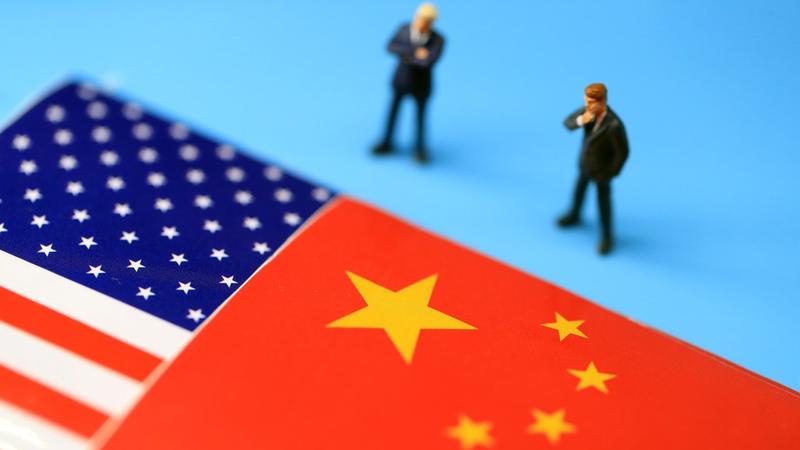Frequent high-level interactions are the latest steps towards a detente between China and the United States.
Director of the Office of the Central Commission for Foreign Affairs Wang Yi met Thursday with U.S. Secretary of State Antony Blinken in Jakarta, their second meeting within only one month. Earlier this month, U.S. Treasury Secretary Janet Yellen also visited Beijing.
Last year in Bali, the two countries’ heads of state reached a consensus that set the direction for China-U.S. relations. However, bilateral relations have gone off course owing largely to a string of Washington’s misconceived words and deeds against China.
For the world to become better, the China-U.S. relationship brooks no further retrogression. By receiving Blinken and Yellen, China hopes that Washington will work together with Beijing to truly translate the common understandings reached by the two presidents into concrete actions, to steer China-U.S. relations back on track.
To this end, the two countries need to properly manage differences and remain undisturbed by all sorts of distractions so as to create favorable conditions for stabilizing their relations. The pair should guard against Gray Rhino events, which might have a disruptive impact on bilateral relations, and properly handle Black Swan events to ensure that they won’t evolve into new challenges.
The U.S. side should fully respect China’s core interests, refrain from unwarranted interference in China’s internal affairs and violation of China’s sovereignty and territorial integrity, give up attempts to oppress and contain China in trade and technology, and lift unjustified and unreasonable sanctions imposed on China.
Most imperative is to jointly explore and establish guiding principles or strategic frameworks for China-U.S. relations. Beijing has always hoped for a sound and stable China-U.S. relationship, believing that the two sides can overcome all obstacles and find the right way to get along with each other on the basis of the principles of mutual respect, peaceful coexistence and win-win cooperation.
To stabilize and improve China-U.S. relations, America needs to reflect on what sent the relations into a downward spiral, translate the Bali consensus into concrete actions and implement those commitments made by U.S. President Joe Biden.
Police officers stand guard outside the U.S. Supreme Court in Washington, D.C., the United States, on June 29, 2023. (Xinhua/Liu Jie)
Biden has made multiple pledges that the United States does not seek a new Cold War with China, that it does not aim to change China’s system, that the revitalization of its alliance is not targeted at China, that the United States does not support “Taiwan independence” and that it has no intention to seek a conflict with China. It remains to be seen if Washington will follow through on these commitments.
Yawei Liu, director of the China Program at The Carter Center, argued that it’s up to the United States whether the bilateral relations can improve.
The recent high-level interactions indicate that both sides aspire to a detente. This momentum needs to be maintained, and sincerity is a prerequisite for constructive communication. The Wall Street Journal reported that Yellen’s trip had aided fragile efforts by the two sides to keep talking, but warned that “going any further is likely to test Washington and Beijing’s ability to resist tit-for-tat measures.”
The peaceful coexistence of the world’s two largest economies is crucial for the future and destiny of humanity. China has always demonstrated sufficient sincerity in seeking dialogue to improve relations with the United States, which stand at a crossroads.
There is still hope, notably with the upcoming visit of U.S. climate envoy John Kerry and a possible trip by U.S. Secretary of Commerce Gina Raimondo, that bilateral relations may go back on the right track. But if Washington persists in playing the old trick of double-dealing, or even becomes all the more bent on containing China, chances are that China-U.S. relations will spiral downward into an abyss of confrontations and conflicts.










